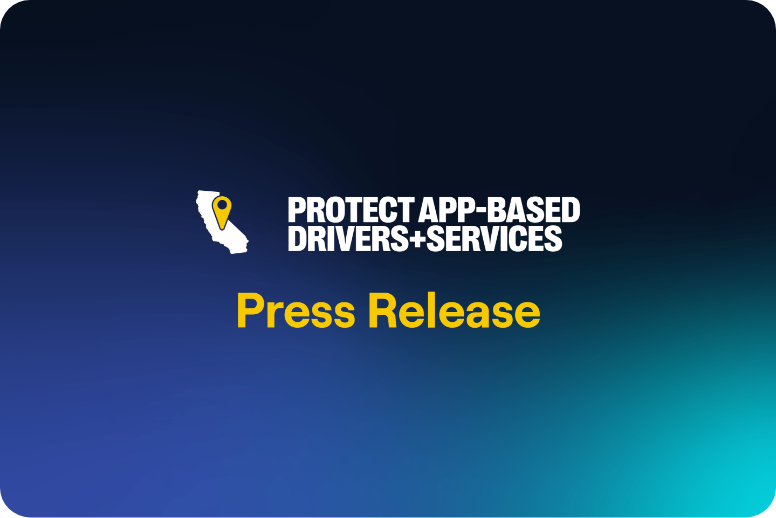By Akamine Kiarie
In January, I’ll reach a lifelong dream: becoming a student at California State University, Sacramento. I’m excited, but also worried because a new state law could threaten my ability to pay my bills and stay in school.
When I began community college, I started driving for Lyft to help pay for school and my expenses. The pay is good, but most importantly the work allows me to choose when I drive, where I drive and how long I drive.
This flexibility means I can fit driving for Lyft into my schedule as a student, rather than fitting my student responsibilities around a job. I can drive where I am, which is often in San Francisco and the greater Bay Area. This may not seem important, but prioritizing my education is my priority.
However, on Jan. 1 a new California law introduces tremendous uncertainty into the life of everyone who works with an app-based ride-hailing or delivery service. The law could force us to be employees instead of independent contractors, eliminating our independence and flexibility.
Tens of thousands of drivers spoke out to legislators explaining why flexibility matters and traditional employment with schedules, set shifts and mandatory work minimums won’t work for us. But lawmakers ignored us.
Thankfully, a proposed November 2020 ballot measure would protect flexibility and our right to remain independent contractors.
The Protect App-Based Drivers & Services Act guarantees we keep our flexibility. It also has earnings guarantees for drivers. At minimum, drivers will earn an amount equal to at least 120% of the minimum wage plus 30 cents a mile compensation toward expenses. This means a minimum of approximately $21 per engaged hour in gross pay. Many of us make more than this now and that won’t change. If the measure passes, we will still have the potential to earn more.
The initiative would provide a health care stipend that would average $367 every month and would increase if health care costs increase. Drivers would start earning this stipend at 15 hours per week and reach the full stipend at 25 hours per week.
And the ballot measure would provide liability insurance and occupational accident coverage to cover lost earnings if a driver is injured.
And by protecting worker flexibility and economic security, this ballot measure ensures ride-hailing and delivery services exist for the millions of Californians who rely on them every day. This is particularly important for those living in historically underserved communities. These services also reduce impaired and drunken driving, improve mobility for seniors and the disabled, provide low-cost transportation options, and create convenient and affordable food and package deliveries that benefit consumers and small businesses like restaurants and small retailers.
Thousands of Californians like me rely on flexible work with app-based ride-hailing and delivery platforms. To date, more than 25,000 drivers have signed up to support the measure and we’ll start gathering signatures in January to qualify it for the ballot.
We support this ballot measure because we want to preserve our flexibility, receive new benefits and protections, and protect the app-based services that help the public and our economy.
Learn more at ProtectDriversAndServices.com.
Akamine Kiarie is a college student and ride-hailing driver.
The Latest News

Opinion
I’m an Instacart driver: California Supreme Court must protect my job
By Stephanie Whitfield It may sound dramatic to say that app-based driving saved my life, [...] Read more
News
As Prop. 22 heads to California Supreme Court, support doesn’t break along ideological lines
By Bob Egelko Proposition 22, the 2020 ballot initiative sponsored by Uber and Lyft that [...] Read more